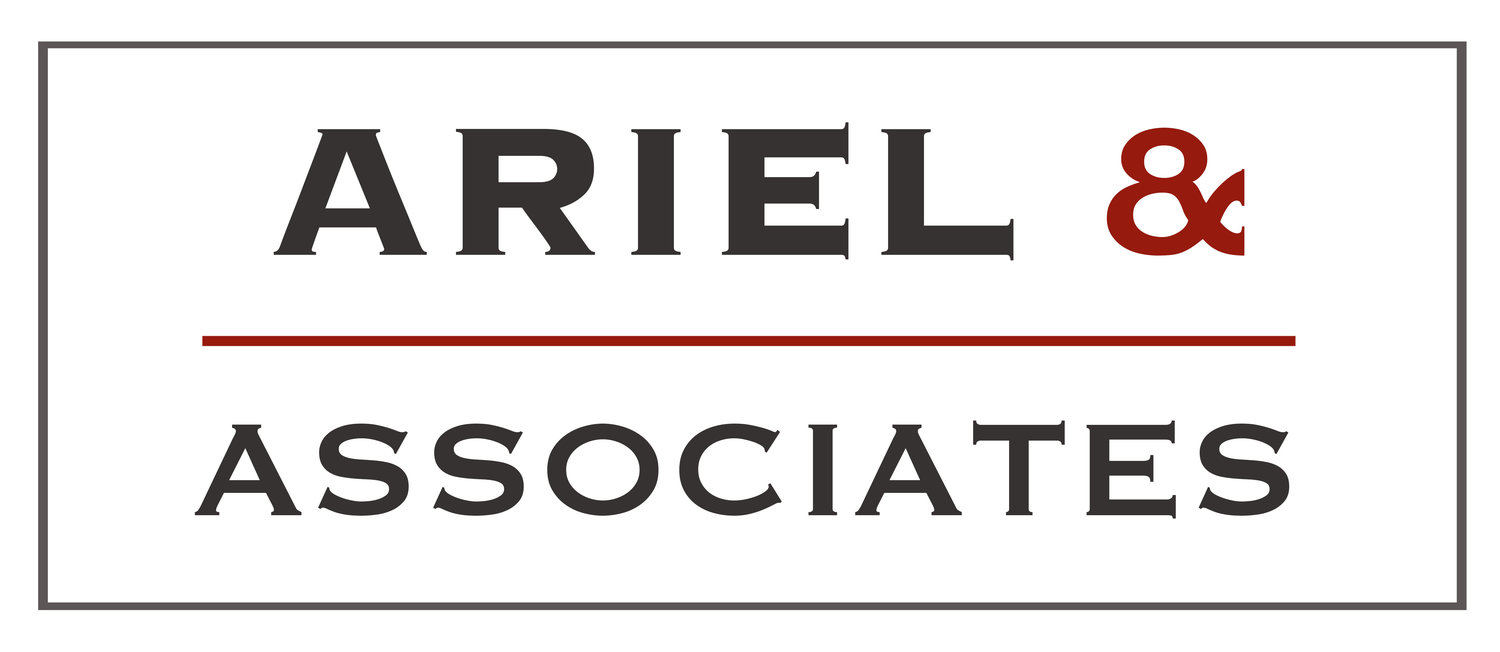AUSTRAC has today initiated civil proceedings against the Commonwealth Bank of Australia Limited (“CBA”) in the Federal Court for serious and systemic non-compliance with provisions of the Anti-Money Laundering and Counter-Terrorism Financing Act (Cth) 2006 (“the AML/CTF Act”).
The breaches involve the use of CBA’s Intelligent Deposit Machines (“IDMs”) - a type of ATM which accepts both cash and cheque deposits. IDMs operated by CBA have the capacity to accept up to $20,000 per cash transaction (that is, up to 200 notes), however, there is no restriction on the number of IDM transactions a customer can make on a daily basis.
The IDMs can only be activated if a user inserts a valid bank card. The bank card may be issued by any financial institution, however, the cash deposits may only be credited to a CBA account. Once they are credited to the nominated recipient account, the funds are then available for immediate transfer to other accounts - both domestically and internationally.
If the bank card is foreign to CBA, then there is no way that CBA is able to collect the required information for its reporting requirements - for example, threshold transactions involve the transfer of physical currency or e-currency of $10,000 or more (or foreign currency equivalent).
Under the AML/CTF Act, a Reporting Entity is required to maintain a properly drafted AML/CTF Program which contains, amongst other things, a Money Laundering / Terrorism Financing (“ML/TF”) risk assessment on its products, services, methods of providing the relevant service, jurisdiction. AUSTRAC alleges that CBA failed to undertake a ML/TF risk assessment on the new roll out of its IDMs. Records indicate that the use of cash deposits through IDMs grew exponentially to about $1 billion per month (as at June 2016). Approximately $8.91 billion in cash was deposited through the IDMs before CBA conducted any risk assessment of this new product.
Some of the allegations are staggering:
CBA’s AML/CTF Program contains a valid transaction monitoring program. At various times between 20 October 2012 and 27 September 2016, CBA did not comply with the requirements of its transaction monitoring program with respect to 778,370 accounts.
For the period 5 November 2012 to 1 September 2015, CBA failed to properly lodge 53,506 threshold transactions reports. This represented 95% of the threshold transactions that occurred through the IDMs and represented a total value of $625 million.
1,640 of the late threshold transactions reports (valued at about $17.3 million) related to transactions connected with money laundering syndicates being investigated and prosecuted by the Australian Federal Police.
Six of the late late threshold transactions reports related to five customers who had been assessed by CBA as posing a potential risk of terrorism or terrorism financing.
Many deposits were just below the $10,000 reporting threshold, however, CBA failed to identify such a pattern. As such, applicable Suspicious Matter Reports were not lodged with AUSTRAC as required.
Over 5 days in January 2017, $320,000 cash was deposited into one CBA account via its IDM network. CBA failed to properly report this as suspicious to AUSTRAC as required.
CBA failed to report suspicious transactions amounting to $77 million (either within the required timeframe or not at all).
As mentioned, the numbers are beyond belief and the allegations about CBA’s breakdown in compliance are truly remarkable.
Should you have any queries about AUSTRAC or other issues involving compliance, licensing, or corporate governance, please contact Jeremy Danon, director of Ariel & Associates Pty Ltd on (02) 8223 3355 or at jeremy@ariel.associates.
